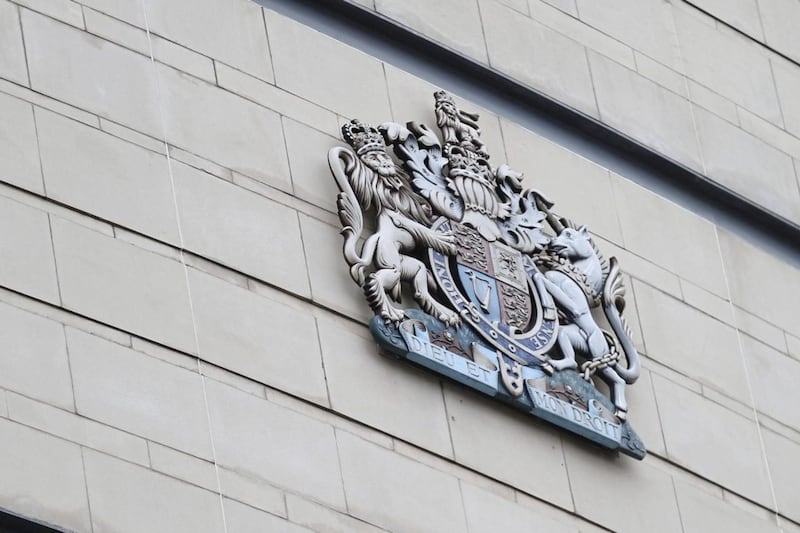THE DEPARTMENT for Communities has been urged to "get a grip" on benefit fraud after it was revealed that the amount lost to bogus welfare claims and payments made in error has soared to more than £200m.
An audit office report published yesterday highlighted how Universal Credit fraud has doubled to more than £100m in the space of 12 months.
Comptroller and auditor general Kieran Donnelly warned that the figure was likely to rise in the coming months as claimants move away from legacy benefits.
The department said many of the fraudulent claims were made at the start of the pandemic when conditions were eased to enable large numbers of people to receive welfare support.
The level of fraud meant Department for Communities' annual accounts were qualified by the financial watchdog, meaning the auditor was dissatisfied with aspects of the financial statements.
SDLP communities spokesman Mark H Durkan said the sums involved and the short timeframe in which much of the fraud had taken place would "rightly cause concern".
"Everyone is all too aware of how badly our public services are stretched and there’s no doubt that £200m would make a significant difference in certain areas," he said.
“However, it’s important to remember that the vast majority of our welfare claimants are people who are in need of support and the money they receive doesn’t go very far."
The Foyle MLA said there was an onus on the Department for Communities to "get a grip of this issue and ensure that processes are put in place to stop such huge sums being lost".
A spokesperson for the department said the number of households on Universal Credit had more than doubled since the onset of the pandemic and that officials acknowledged there has been "an increase in the level of estimated overpayments due to Universal Credit fraud".
“Work is continuing to address this challenge including significant and ongoing system development and exploration of additional measures that can be taken to reduce both fraud and error," the spokesperson said.
“Department staff remain alert to fraudulent activity and act accordingly, despite the additional pressures arising from the increased demand. The department recognises the significant levels of public expenditure these estimates represent and continues work to strengthen its capability and effectiveness to protect the integrity of the benefit system and the public funds it manages."








